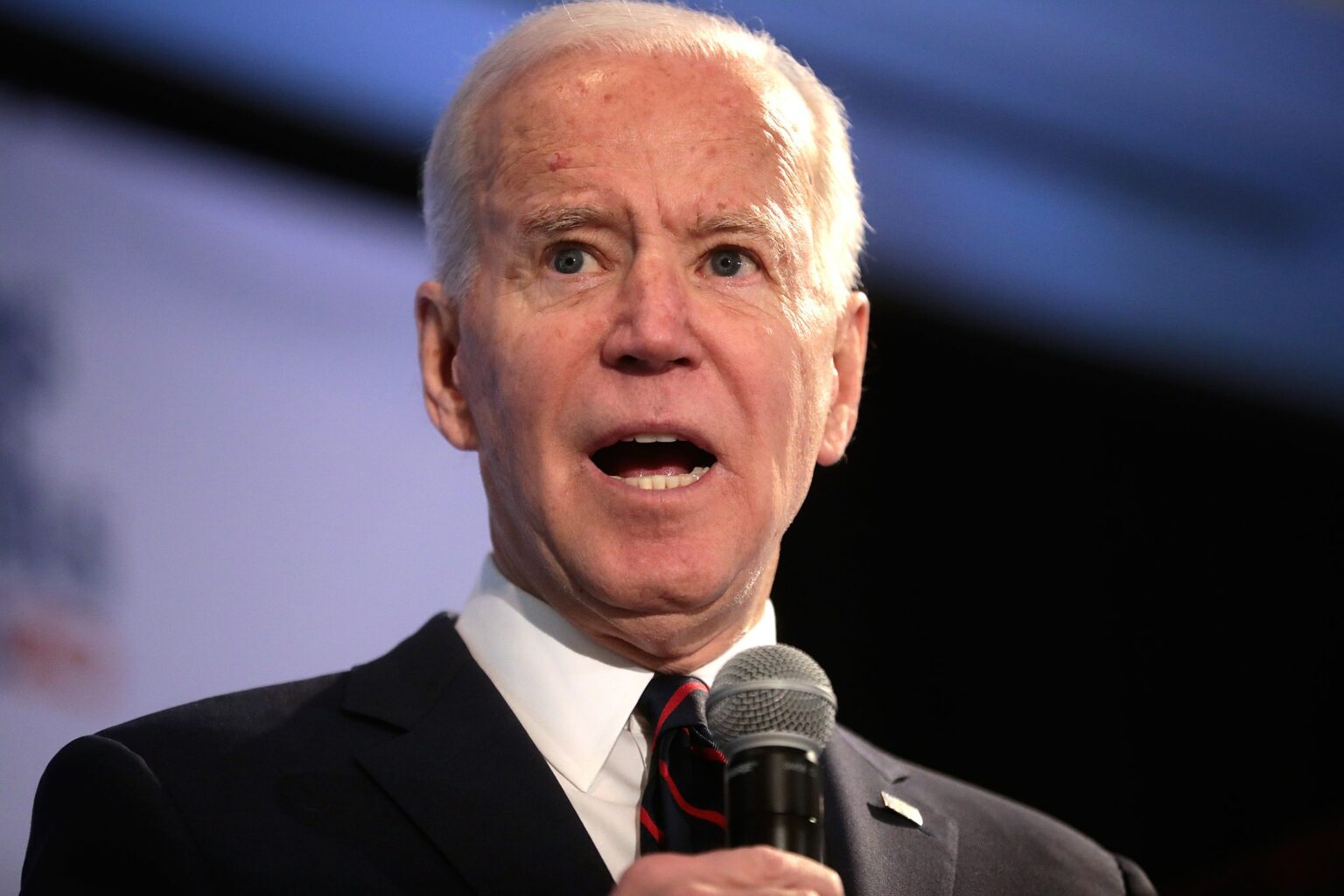Trump Winning Over LGBT Voters?
In a recent report by Data for Progress, an intriguing trend has emerged: Donald Trump appears to be gaining traction among a notable segment of the LGBTQ+ community. Rather than aligning solely with traditional political divides, this finding sheds light on the complexity of voter preferences.
The analysis, based on responses from nearly 900 LGBTQ+ adults, reveals that 22 percent hold a favorable view of the former president. While this figure pales in comparison to support for President Joe Biden and the Democratic Party, it underscores a significant shift in perceptions within the LGBTQ+ electorate.
Interestingly, opinions on the Biden administration are mixed among respondents. While 45 percent believe Biden has exceeded expectations, an almost equal 47 percent feel he’s falling short. Moreover, a substantial 70 percent of LGBTQ+ Democrats express a desire for their party to take stronger action in safeguarding transgender and queer rights against discriminatory legislation.
Despite these sentiments, the Democratic Party still enjoys favorability among the majority, with 57 percent expressing positive views, along with 51 percent for Biden personally. However, Trump’s ability to attract even a fraction of traditionally Democratic-leaning LGBTQ+ voters could have notable electoral implications.
The rationale behind Trump’s increased support may stem from the diverse array of issues prioritized by LGBTQ+ Americans this election cycle. While economic concerns, employment, and inflation top the list at 27 percent, LGBTQ+ rights and abortion rank lower at 15 and 10 percent, respectively.
Political analysts caution against simplifying LGBTQ+ voter preferences solely to identity-based issues. As Paul Beck, a political science professor, suggests, their decisions are multifaceted and defy easy categorization. Yet, Trump’s rightward shift on LGBTQ+ issues since 2016 presents a puzzling paradox, making it challenging to gauge sustained support from this demographic.
Michael Montgomery, a professor at the University of Michigan-Dearborn, underscores the historical significance of LGBTQ+ voter engagement, particularly among the highly educated and politically active. However, he notes a potential decline in enthusiasm among younger members, with 48 percent of those aged 18 to 24 feeling alienated from both political parties.
Both Biden and Trump have made concerted efforts to court LGBTQ+ support, reflecting the community’s growing political significance. Biden’s “Out for Biden-Harris” campaign enlisted prominent LGBTQ+ figures, while Melania Trump’s fundraiser with the Log Cabin Republicans underscores Republican attempts to broaden their appeal.
Despite recent polls favoring Biden, such as the Florida Atlantic University (FAU) and Mainstreet Research survey showing a slim lead, uncertainties persist regarding the accuracy of polling methodologies. The margin of error in these polls, like the FAU survey’s 3 percent, further complicates predictions.
In essence, the evolving dynamics of LGBTQ+ voter behavior underscore the complexity of contemporary politics, where allegiance is not always dictated by traditional party lines or identity politics alone. As the election approaches, the interplay of diverse issues and candidates’ strategies will continue to shape the landscape of LGBTQ+ political engagement.
